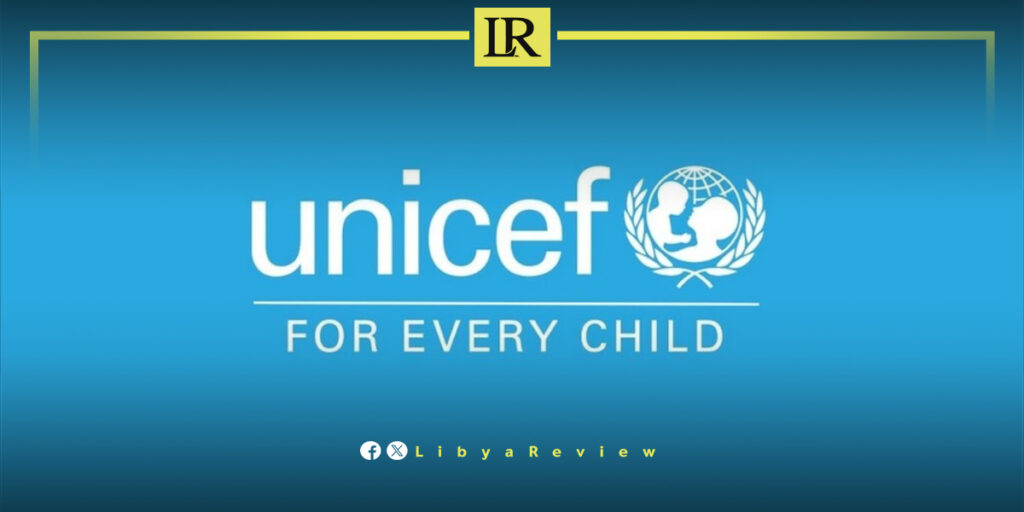Libyan Interior Minister of the Government of National Unity, Emad Trabelsi, held a meeting with UNICEF’s representative in Libya, Mohamed Fayad, to explore ways of enhancing cooperation on child protection and related services.
According to a statement from the Interior Ministry, the discussions focused on strengthening collaboration between the ministry and UNICEF in various areas, including support for child and family protection units.
Trabelsi highlighted the importance of partnerships with international organisations to foster social development and ensure a better future for children in Libya. He stressed that such cooperation is essential for safeguarding children’s rights and improving the services provided to them.
Notably, the People’s Voice Party of Libya has issued a statement calling for the immediate closure of all “Bayti” centres established by UNICEF in Libya, labelling their activities as “suspicious” and accusing them of promoting the settlement of migrants.
The party also urged the government to launch an investigation into the centres’ operations.
The statement claimed that the “Bayti” centres, which are supported by the European Union and located in cities such as Ajdabiya, Misrata, Derna, and Tripoli, pose a threat to Libya’s demographic composition and national security.
The party asserted that these centres are a tool for resettling unaccompanied minor migrants in Libya as part of a broader international agenda.
According to the statement, some international forces aim to impose migrant settlement solutions on Libya instead of providing genuine support for Libyan children affected by the country’s ongoing crises.
The People’s Voice Party also called for a reassessment of UNICEF’s presence in Libya, questioning the organisation’s intentions.
The party urged authorities to prevent UNICEF from carrying out any programmes related to unaccompanied migrant minors. They argue that the continuation of such activities will worsen the issue of illegal migration, turning Libya into a host country for illegal migrants and further straining the country’s limited resources.


